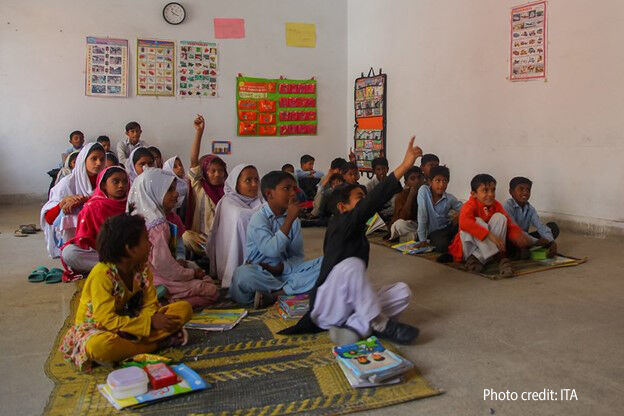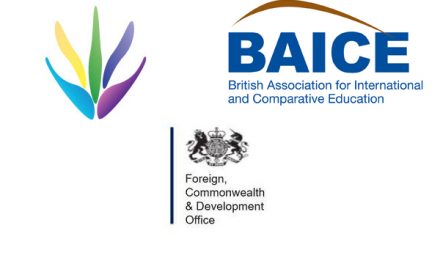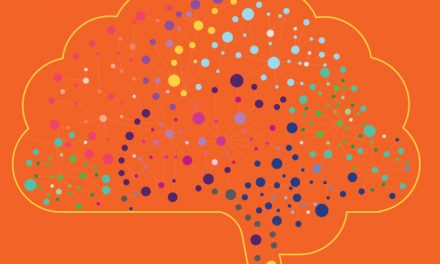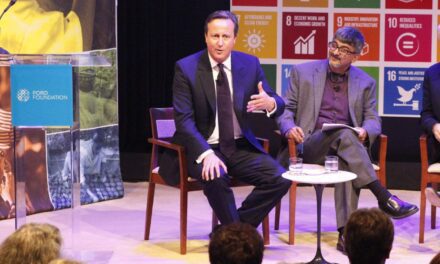This blog was written by Amna Javed, Associate Project Manager, Idara-e-Taleem-o-Aagahi (ITACEC).
In a country like Pakistan, where policy-making is a very arduous process with many stakeholders involved, and sometimes even ignored, education policy-making is slowly moving towards improvement. This is due to the fact that over the years, stakeholder involvement and working in collaboration is slowly being acknowledged in the policy-making circles. Implementation science and advocacy coalitions are a new way to create tangible transformations within educational systems. It goes without saying that for Pakistan, harnessing advocacy coalitions and implementation science has become important. Note that this overlap ought not be looked at as two catchy buzzwords making ripples within a few circles and then dying down. Because appropriately understanding and applying these concepts can improve the quality of policies and their implementations for the education sector, which has in many cases utilised public-private partnerships to tackle issues which would not have otherwise been solved in silos.
Advocacy coalitions: Shaping policy dynamics
In education, advocacy coalitions act as concerted networks which unite educators, policymakers, community leaders, researchers, and advocacy groups. Their goal is to harmonise efforts and resources for specific policy improvements. Within civil society, these coalitions meld diverse constituencies into a unified platform.
Coalitions typically emerge with a clear goal: to exert influence on the agendas and decisions of governmental bodies concerning specific issue areas or challenges. This is evident in the context of alliances such as the Global Campaign for Education (GCE), which have arisen to exert pressure on governments and the international community, urging them to honor their commitments to the Education for All (EFA) action framework.
These coalitions undertake diverse activities – research, awareness campaigns, lobbying, and stakeholder engagement – and even extend beyond. Over time, their vigorous efforts lead to improvements across various education sectors, including teaching quality, learning outcomes, and overall educational excellence.
There are some other fascinating case studies which demonstrate the transformative power of advocacy coalitions in education policy-shaping. The South African National Literacy Initiative also illustrates the power of collaboration via coalitions. Brazil demonstrates impactful collaboration through its effective coalition which transformed Sobral in the state of Ceara. By aligning goals, leveraging evidence, and advocating for policies, this coalition amplified their voice, leading to improved literacy rates, curriculum reforms, and increased access to education.
Implementation science: Bridging theory and practice
On the other hand, implementation science offers a methodical framework which helps to bridge the gap between policy formulation and its operative implementation. This science draws from evidence-based practices and helps to guide the systematic planning and evaluation of educational initiatives.
In essence, implementation science acts as a navigator which steers education initiatives across the shifty waters between theory and practice. By interlacing evidence-based strategies, proactive problem-solving and ongoing evaluation, it makes sure that theoretical objectives are not left on paper but are successfully shaping the education landscape for the better.
Implementation science under education initiatives uses the principles of adaptation and sustainability. Adaptation, showcased by the Teach For All Network’s global reach, tailors initiatives to diverse contexts. Sustainability, as seen in Room to Read’s enduring impact, underscores the importance of lasting change.
Case of South-South Programme
By merging advocacy coalitions and implementation science, a transformative method emerges for steering education policy changes. Advocacy coalitions unite stakeholders, bridging gaps and amplifying messages, while implementation science provides a systematic framework for contextually-relevant policies, engaging stakeholders, and adapting through ongoing monitoring and evidence-based adjustments.
The South-South Programme came to Pakistan in 2022 and it exemplifies the potent synergy between advocacy coalitions and implementation science in driving education transformation. This initiative brought together diverse education leaders under the South-South Fellowship, and formed a robust coalition committed to education reform and foundational learning enhancement. This coalition serves as a potent advocacy force, shaping policy, fostering agreement, and rallying support for educational enhancements. With cross-sectoral members from government bodies, civil-society organisations, and education leaders across provinces, it wields significant influence.
The programme’s alignment with early implementation science principles reinforces its impact. The goal of “All Children Learning up to Grade 3” grounded in evidence-based approaches and Sustainable Development Goals, embodies strategic planning, consensus-building, and monitoring which are essential implementation science facets. The South-South Programme’s transformation into the Pakistan Learning Movement underscores its dedication to scalability and sustainability, echoing implementation science’s core tenets. Engaging stakeholders, resource mobilisation, communication strategies, and technical support hubs further underscore the programme’s potent fusion of advocacy coalitions and implementation science.
Impact on education ecosystem
By synergising advocacy coalitions and implementation science, Pakistan’s education system gains transformative tools for sustainable progress. The South-South Programme, driven by a diverse coalition, champions evidence-based reforms on a systemic scale, bolstering policy changes aligned with genuine educational needs. Implementation science adds structural strength, emphasising stakeholder involvement, resource allocation, adaptive management, and evidence-driven choices. This synchronisation ensures policy adoption and effective implementation, exemplified by the South-South Programme’s evolution into the Pakistan Learning Movement. In this marriage of advocacy and science, Pakistan paves the way for enduring education improvements





